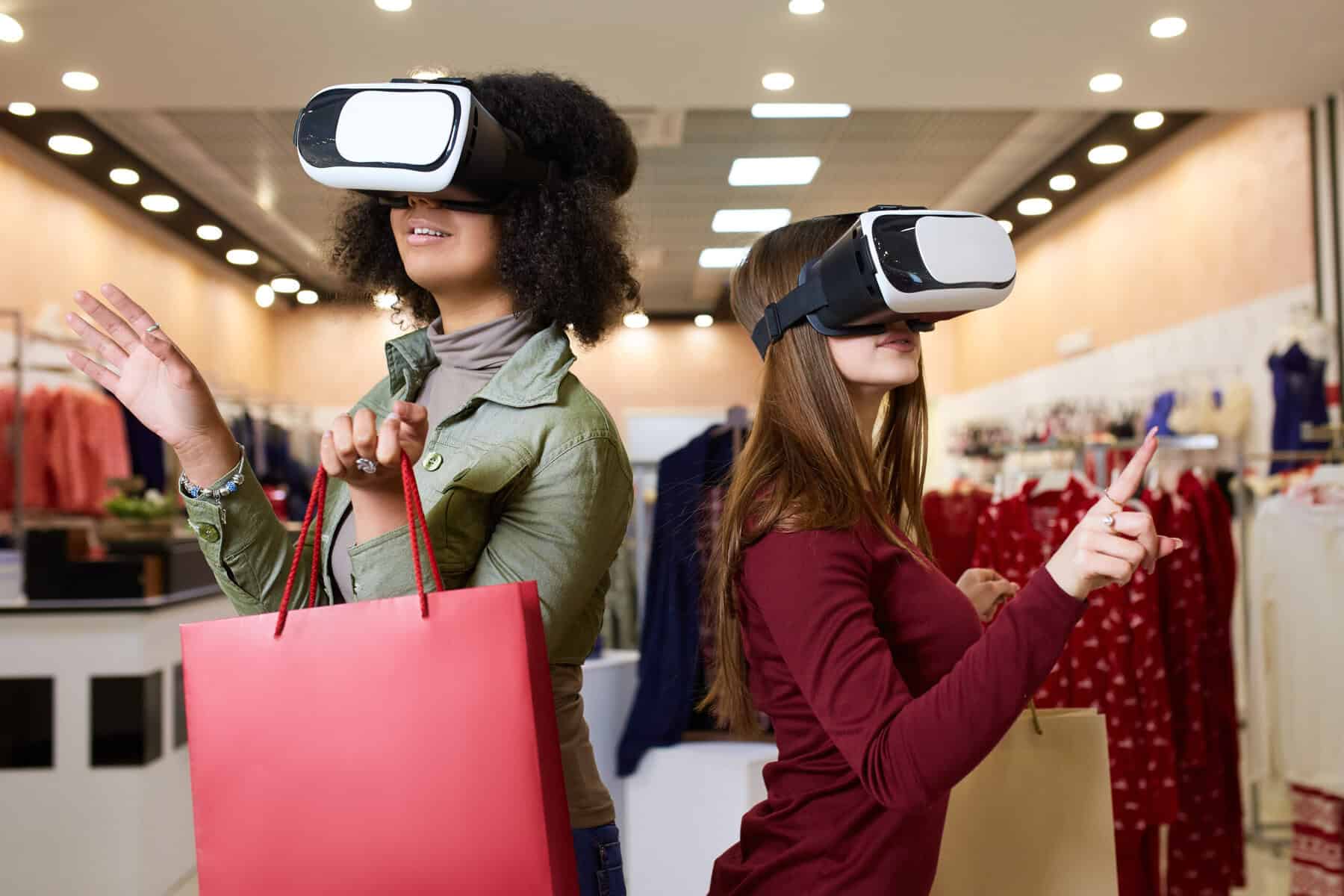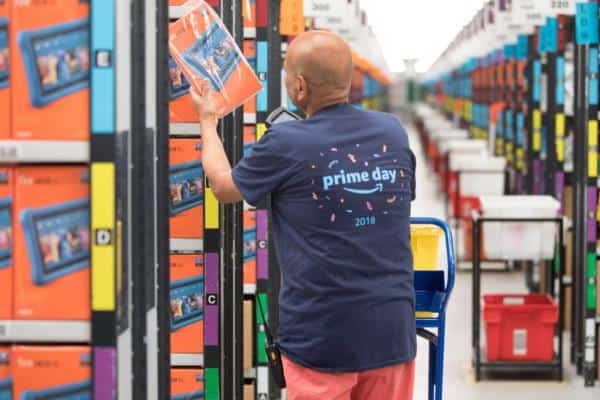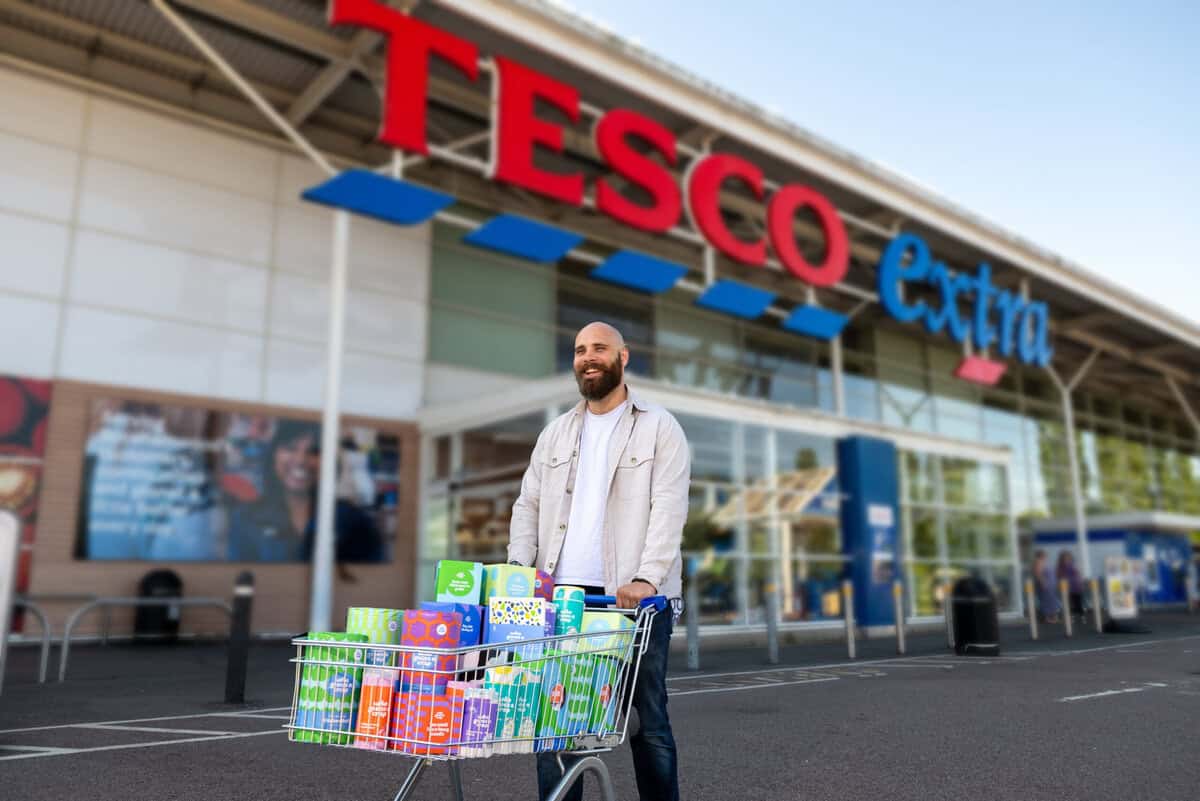Five years into what has proven to be a foundational transformation of the ecommerce landscape, consumer behaviour continues to evolve and adapt. This year, consumers began embracing new technology in their buying journey, while also looking to make their pounds stretch as far as possible, writes Vincent Belloc, managing director, PayPal UK.

These factors also affected businesses that looked to sharpen their omnichannel strategy, make greener options more affordable and attractive, and put cybersecurity top of mind at checkout.
As we head into the holiday season, these are five trends that defined e-commerce in 2023 according to the Think Forward report:
Immersive virtual shopping experiences
The rapid rise in public interest around augmented reality (AR) and virtual reality (VR) in recent years led to more widespread brand adoption of the technology in 2023. The UK augmented reality (AR) and virtual reality (VR) sector is a pioneer in the digital revolution, with the fastest growing market in Europe. From 2019 to 2024, it is expected there will be a 78.3% growth rate for spending on AR and VR in the UK. Growth is predicted to reach £62.5bn by 2030.
Brands such as BMW Group, Maison Valentino, and Ikea partnered with tech giants, including Meta, Google and Qualcomm, to create enhanced shopping experiences and pre-purchase solutions. These technological innovations opened the door for a new level of personalisation. By letting a consumer see how a potential purchase could look in their space, for example, brands are minimising perceived risk as well as reducing potential operational costs of returns.
Personalisation is at the core of these solutions, enabling the consumer to see how an item might look on them or in their space enhances their buying experience and minimises the perceived risk that their purchase might not be as expected.
Non-gaming brands going into streaming
The glow of the omnichannel boom began to fade in 2023, replaced with a more targeted approach aimed at meeting Gen Z online. In the hopes of encouraging more serendipitous discovery into the customer experience, brands such as H&M and Shopify partnered with online gaming and streaming platforms to make consumers part of the brand experience and amplify moments of joy while driving purchase activities.
TV streaming platform Roku partnered with Shopify to offer direct in-app purchases from TV screens. When an ad from a Shopify merchant appears, viewers select ‘OK’ to learn more and make a purchase. The integration gives Shopify advertisers additional customer data and insights into purchasing trends while making it easier to navigate from advertisement direct to purchase.
Going green for less
With sustainability still at the core of consumer behaviour but sustainable consumption on the decline, brands looked to reduce this gap by offering eco-incentives and making green options more affordable overall.
UK-based skincare brand The Inkey List is helping people streamline their beauty routines with a ‘Smart Skincare’ service. Consumers share their current routine via AskInkey, a chat function on the brand’s website, and a team member highlights which higher-end products can be swapped out for a more affordable option.
Boutique chain hotel, The Hoxton, for example, introduced a reward for guests selecting sustainable travel. Meanwhile, FutureCard provided cash back rewards to those who used their cards to purchase low carbon goods and services, and Carrefour became the first French retailer to be awarded the national ‘anti-food waste’ label for its commitment to sustainability-focused measures, including selling some perishable products at a deeply discounted rate.
Repair not replace
Budget-conscious consumers drove a worldwide trend to embrace a repair and reuse mindset. Brands such as Nokia, Nike and Zara all jumped in, creating tools and services that help extend the lifespan of their products. These solutions included the use of innovative technology, such as 3D scanning, but more often than not, tapped into the growing DIY movement, which allowed customers to repair goods themselves while building brand loyalty.
Zara has launched a service that allows shoppers to repair, donate, or resell the brand’s clothing. Under the initiative, their customers can make an online or in-store appointment to have an item mended. The service launched in the UK in 2022, with plans to further roll the service out in Spain and additional key markets by 2025.
Similarly, the second-hand economy boomed in 2023. According to PayPal’s Resale Renaissance Report, polling 2,000 UK adults this summer revealed that second-hand shopping has gone mainstream – with a quarter (25%) of Brits saying they regularly purchase pre-loved goods. Clothes (38%), books (31%) and furniture (13%) top Brits’ second-hand shopping lists, the report revealed.
Security continues to be king
In the last twelve months, businesses have seen significant increases in fraud with e-commerce losses due to online payment fraud estimated to be $48bn globally this year. In the UK, 62% of businesses say they would be increasing investment in fraud. Businesses also found innovative ways of addressing security and trust issues at checkout. As digital tools and big data continue to advance and potentially create more points of vulnerability, businesses continued to turn to trusted financial service operators such as PayPal to implement smart technology to help protect customer financial data, payments, and eligible purchase.
Security including biometric login, passkeys, encryption, and machine learning and device intelligence became table stakes in helping make the commerce experience fast and secure and giving customers peace of mind at checkout. In summer this year, PayPal announced passkeys for eligible customers on Apple devices and Google Android devices in the UK.
Across the board, in 2023, consumers became not only more planet-conscious but also price and security conscious. Those that were able to meet these new expectations, while keeping the consumer in mind across the buying journey, were able to stay ahead of the curve. Building brand loyalty while remaining true to the ever-evolving customer journey.
At PayPal, we’re on a mission to make commerce better for everyone – people and businesses. You can read more about the data and trends above in the Think Forward report.
Vincent Belloc, managing director, PayPal UK









